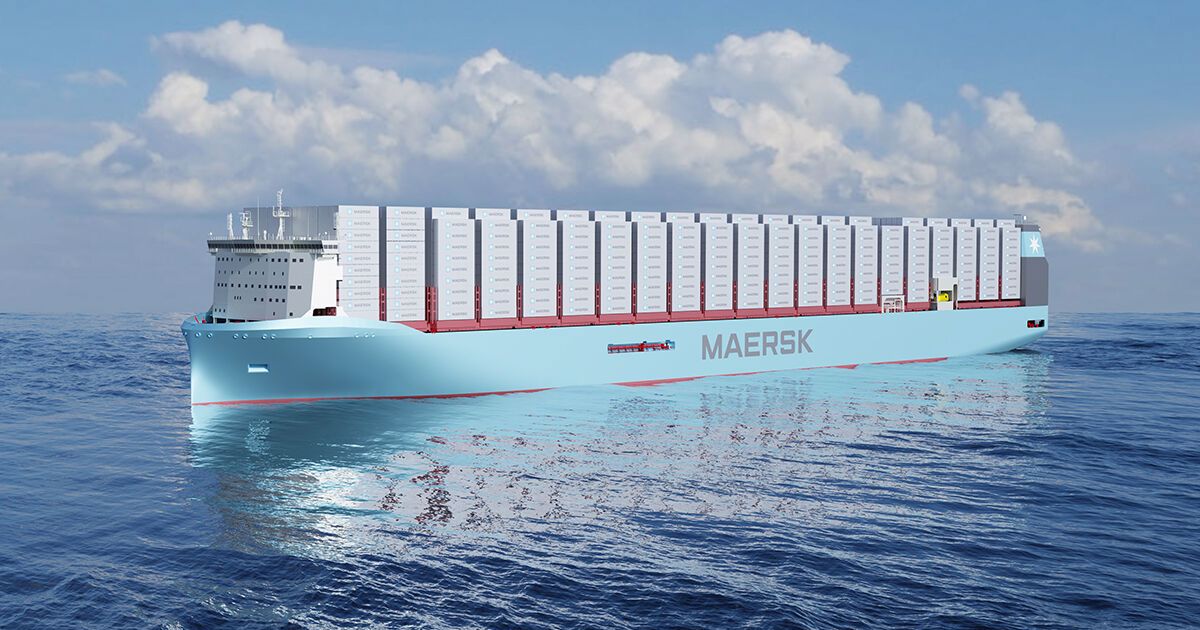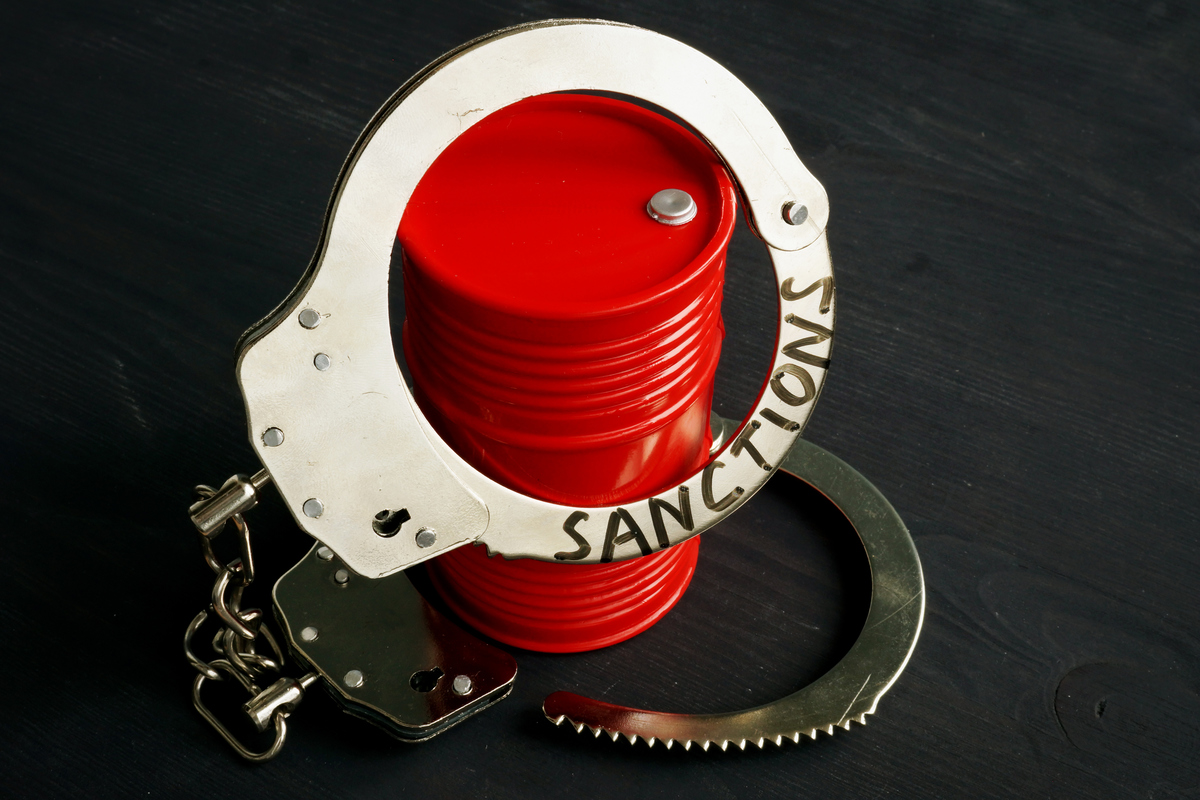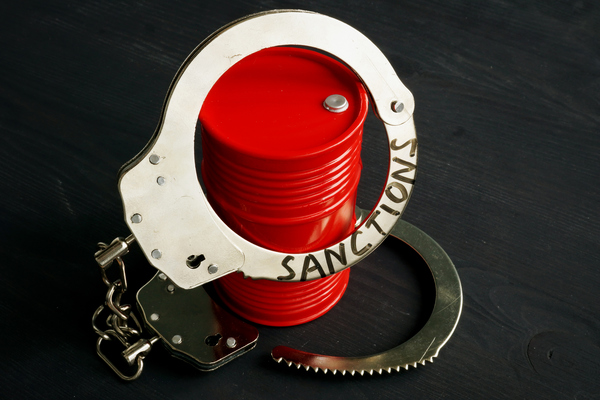Shipping sector gets its own guidance to set science-based decarbonisation targets
Science Based Targets initiative (SBTi) and University Maritime Advisory Services (UMAS) have jointly developed guidance for the shipping industry to achieve decarbonisation targets in line with the Paris Climate Agreement.

PHOTO: Model of Maersk's 17,000 TEU methanol-powered container ship. A.P. Moller-Maersk
SBTi is a global initiative undertaken by multiple international organisations including the United Nations Global Compact to help companies define clear pathways to reduce their greenhouse gas (GHG) emissions.
It has highlighted two key criteria for the maritime sector in its guidance :
- The near-term target “must be no earlier than 2030.”
- The long-term target means “reducing emissions to a residual level in line with 1.5°C scenarios by no later than 2040.”
UMAS estimates that the maritime sector must reduce its carbon dioxide (CO2) emissions by 45% by 2030 and reach net-zero by 2040 to meet global climate goals.
Imperative to decarbonise shipping by 2050, says SBTi
An IMO study shows that the shipping industry is responsible for over 3% of global annual GHG emissions, while The International Council on Clean Transport (ICCT) warns that the industry’s “GHG emissions are on course to increase more than fivefold by 2050.”
“To meet the goals of the Paris Agreement and avoid catastrophic irreversible climate change, the sector must radically transform,” says SBTi, emphasising the need to decarbonise maritime sector by 2050 in order to meet the 1.5 degrees Celsius target, even if it is difficult.
It further says that the industry must switch to zero-emission vessels by 2030 to achieve its 2050 decarbonisation goal. It also suggests some short-term measures like "slow steaming," which refers to operating container ships at a slower speed along with technical upgrades.
According to SBTi, a decarbonised scenario will require alternative fuels like hydrogen, ammonia, methanol, biofuels, and synthetic e-fuels to replace fossil fuels. “The uptake of alternative fuels can be accelerated by stringent carbon constraints and industry carbon pricing – levers that can only be pulled uniformly by regulatory bodies.”
Danish shipping major A.P. Moller-Maersk has committed to transport 25% of its cargo using green fuels and aims to achieve net-zero by 2040 under SBTi's guidance. French shipping company CMA-CGM has also pledged to use alternative fuels in at least 10% of its operations by 2023 and achieve net-zero by 2050 with SBTi's support.
By Konica Bhatt
Please get in touch with comments or additional info to news@engine.online






